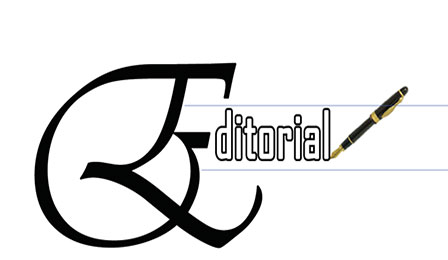
The day before yesterday, the tripartite meeting of Water Ministers of Ethiopia, Egypt and Sudan took place in Cairo. It was a continuation of the tripartite water ministers meeting held in September 2018 and February 2019 in Addis Ababa regarding the filling of and release of water from the Great Ethiopian Renaissance Dam (GERD).
Suitably, such series of discussions and consultations on how things should proceed on the waters of the Nile ought to be sustained and encouraged for they nurture the regional integration and cooperation among the three nations. Hence, Ethiopia viewed such continuous discussion positively.
Even from the commencement of the construction of GERD, Ethiopia’s approach has been encouraging a good faith and sincere interest for cooperation. And consistently, it has continued to strengthen the platforms of cooperation to foster a consensus that serves the interests of three countries on utilization of the shared water resource.
What ought to be known here is that Ethiopia is consistent to its original stance: it continues to follow a cooperative approach and use its water resource without neglecting the interests of neighboring populations, as Nile is its main water resource. Unquestionably, Ethiopia has absolute right to utilize its resources as long as it respects and fosters the interests of all Nile Riparian States.
As a result, it encourages such continues discussions as they increase understanding and collaboration among the three countries on the usage of the river. Fortunately, the trilateral engagements, since the outset of the construction of the GERD, have been successful and created an opportunity to bridge differences among the three countries.
Historically, Egypt and Sudan have been fortunate in using the river to their fullest potential while Ethiopia had no opportunity of any meaningful usage. Here it is very logical to deduce that such status quo should not continue. Indisputably, Ethiopia’s decision to utilize its water resource is a proper step to correct what went wrong.
Fortunately, in order to succeed in its plan it follows a cooperative approach that carefully addresses past injustices and rectifies past mistakes without causing any significant damage on the interest of its neighbors. Even Ethiopia believes the engagement concerning the Dam can pave an exemplary path for other similar cooperation.
More importantly, compared to other international cooperation on matters of trans-boundary waters, the trilateral cooperation among the Ethiopia, Sudan and Egypt has resulted in remarkable achievements that would benefit their peoples through protecting their interests on the water.
These days, the GERD has become a very important for Ethiopians to strengthen their national consensus and sovereignty through creating a new sense of optimism. That is why they sealed their finger prints on it since the outset. And they will pursue constructing the Dam regardless of any possible challenges. Hence, unnecessary political or military influence that violates the cooperation of the three nations does not have a place here.
Interestingly, Ethiopians long for the day that the Dam converts the tremendous force of their river to a mighty locomotive of industrialization and progress. The nation needs more than twenty-five thousand megawatt of hydropower for its ever expanding economy and industrialization; it is working tirelessly to secure this demand predominantly from the Nile. All in all, Ethiopia continues constructing the Dam without compromising the benefits of the downstream nations.
The Ethiopian Herald September 17/2019





